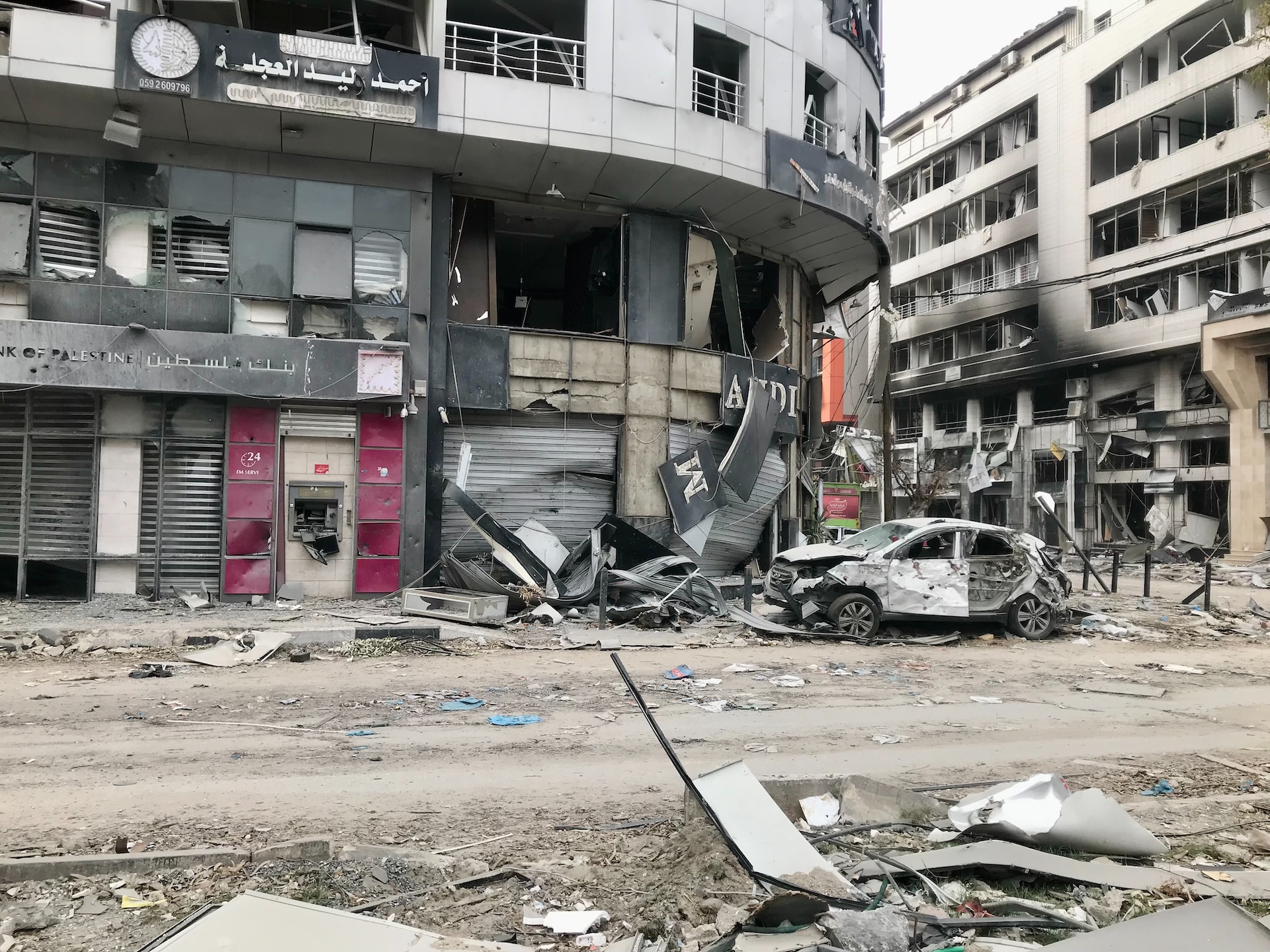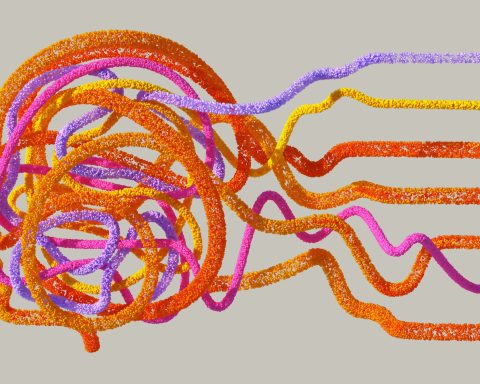Leila Saeed and Safiya Virji are GPs and medical educators with NHS England and Queen Mary University of London, who share a commitment to addressing health and education inequalities.
Medical ethics forms the bedrock of healthcare professionals’ identities, guiding their decisions, interactions with patients, and the complex task of delivering compassionate care in difficult circumstances.1 In conflict zones, however, ethical principles are tested like never before, as healthcare workers face dilemmas that challenge their values and judgement daily. Decisions around resource allocation, breaches of confidentiality to ensure patient safety, or balancing personal risk against patient care become part of the fabric of their work. In such settings, without a solid ethical foundation, doctors risk exacerbating health inequities and undermining patient trust, which is essential to any effective healthcare system.2
In conflict zones, however, ethical principles are tested like never before, as healthcare workers face dilemmas that challenge their values and judgement daily.
When conflict devastates a healthcare system, it often disrupts the educational infrastructure that sustains it. Medical schools in war-torn regions grapple with destroyed facilities, faculty displacement, and a severe lack of teaching resources.3 We would argue that in these circumstances, integrating medical ethics into the curriculum is vital. Teaching medical ethics equips students with the critical thinking skills, ethical sensitivity, and decision-making frameworks they need to navigate uncertainty, while reinforcing their responsibility as stewards of compassionate, equitable care.
GPs, with their diverse experience of navigating ethical dilemmas in diverse, pressured and minimally resourced settings, are well suited to teach medical ethics. We think that this particularly holds true in environments where healthcare systems are under strain. Their ability to apply ethical principles, particularly in alignment with the World Health Organization’s call to reduce health disparities as outlined in the Declaration of Alma-Ata,4 makes them natural leaders in these settings.5 In times of crisis, GPs uphold core ethical values such as the respect for patient autonomy, distributive justice, and dignity, even in the face of scarcity.6 By modelling ethical decision-making in their daily practice, GPs demonstrate how such decisions can support both patient welfare and system resilience, reinforcing the global obligation to address health inequalities and strengthen vulnerable systems.
In April 2024, one of us (Leila Saeed) led a multidisciplinary team to deliver a medical ethics course to students from an international medical school following severe disruption to teaching due to sudden escalating conflict. Despite the challenges, 250 final-year students participated in a live, virtual five-day medical ethics course. Sixteen healthcare professionals facilitated interactive, case-based discussions that covered real-world scenarios, including confidentiality, decision-making competence, physician impairment, malpractice, and end-of-life care. Feedback from students praised the facilitators’ support and engagement, highlighting the relevance of the case studies to their learning.
Our initiative was a testament the inherent leadership, passion, and community-building drive within GPs
Our initiative (and how well it was received) was testament to the inherent leadership, passion, and community-building drive within GPs. The experience demonstrated the critical role of GP educators in shaping not just medical knowledge, but ethical outlook in learners. In this initiative, facilitators weren’t just teachers – they were role models, exemplifying how to navigate ethical dilemmas with sensitivity, professionalism, and a steadfast commitment to patient welfare.
We consider teaching medical ethics in conflict zones to be an act of solidarity and a profound commitment to addressing global health inequities. By nurturing ethical reasoning and fostering collaboration, initiatives like this play a crucial role in rebuilding resilient healthcare systems. As the global healthcare community faces ongoing and new challenges, the role of GPs and healthcare educators in shaping the formation of ethical, competent doctors will be indispensable. In a world increasingly united by shared crises, investing in medical ethics education is, above all, an investment in the future of healthcare.
References
- Varkey B. Principles of clinical ethics and their application to practice. Rev Med Princ Pract. 2021;30:17–28. doi: 10.1159/000509119.
- Pinto AD and Upshur REG, An introduction to global health ethics, Routledge 2013, ISBN 9780415681834
- Virji S. Medical schools in difficulty: supporting medical education amid conflict. Br J Gen Pract. 2024 Jul 25;74(745):361. doi: 10.3399/bjgp24X738945.
- World Health Organization. Declaration of Alma-Ata. International Conference on Primary Health Care, Alma-Ata, USSR, 6–12 September 1978. Geneva: World Health Organization; 1978. Available at: https://www.who.int/teams/social-determinants-of-health/declaration-of-alma-ata (accessed 21 Feb 2025)
- Misselbrook D. The BJGP is open for ethics. Br J Gen Pract. 2012 Mar;62(596):122. doi: 10.3399/bjgp12X629964. PMCID: PMC3289800.
- https://bjgp.org/content/pandemic-preparedness-principles-and-ethics [accessed 2/3/25]
Featured photo by Emad El Byed on Unsplash.






